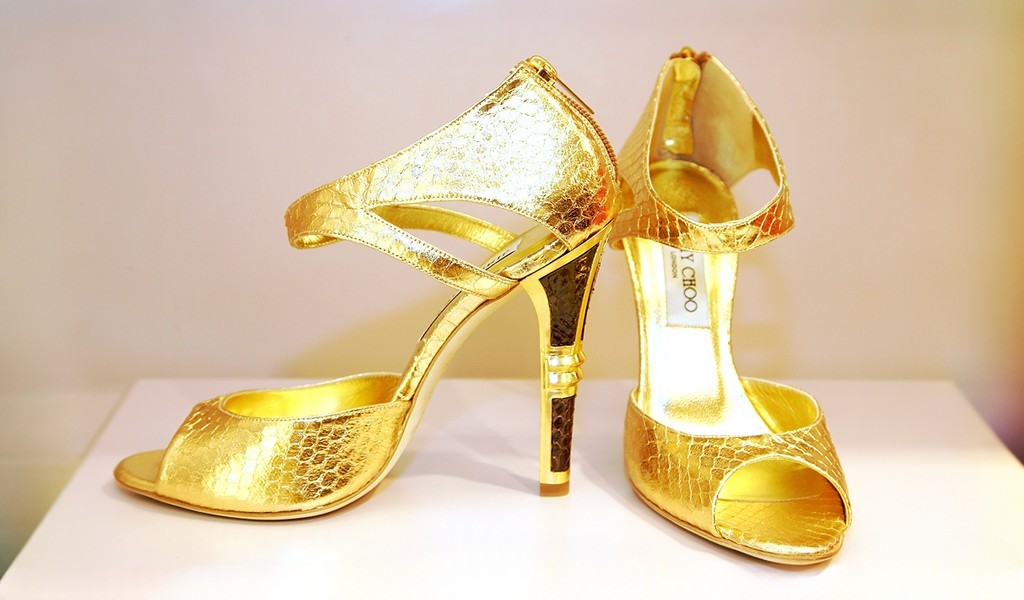It was September 2001 and I was in Zagreb, Croatia, at the end of two weeks in the Balkans. I was there to train law enforcers in counter-trafficking initiatives: the importation of women from that region into Western European sex markets was rife following the war in the 1990s. Police in the UK had disrupted several trafficking rings originating in the Balkans, and stories were emerging as to the horror their victims had endured.
Well into our second bottle, I spotted a group of leather-jacketed men leading several women, each tottering on spike heels, through to the ballroom
To put this trip in context, I had been sitting and talking with men in windowless rooms in Kosovo, Moldova, Albania and Macedonia for up to ten hours a day while they smoked and drank white spirits (from 8 a.m.). I had been listening to the most misogynistic banter imaginable. These were the men charged with policing and prosecuting human traffickers. By the time my colleague and I were approaching the end of our trip, we were looking forward to an evening off.
We had been at a seminar entitled ‘The Global Trade in Women’ held in a hotel in Zagreb that we had nicknamed, ironically, ‘The Trafficker’s Rest’. Throughout our brief tour of the Balkans, we had come across several similar hotels. The lobbies would be filled with burly men in black leather jackets, brandishing massive mobile phones into which they were constantly barking orders. Young scantily clad women would be brought to meet them, looking nervous or downright scared. These men were clearly pimps and the women were the merchandise. Despite us complaining to the hotel managers, nothing was done. Police on our training courses confirmed that most hotels in the region facilitated trafficking and that the managers tended to be in on the deal. Both of us were furious throughout the trip that organised crime was taking place under our very noses.
The evening before heading home, we decided to let our hair down and settled down in the Trafficker’s Rest dining room, reluctantly ordering the least bad thing on the menu. Grenadir mars is pasta, onions, and potatoes, heavily seasoned with ground paprika. It’s hideous, but nowhere near as bad as the stew of eels and frogs which the table next to us seemed to be enjoying. To compensate for the food, we filled up on wine. For two weeks we had both been as dry as Gandhi’s flip-flop, but we made up for it that evening. Well into our second bottle, I spotted a group of leather-jacketed men leading several women, each tottering on spike heels, through to the ballroom at the end of the corridor. These men looked menacing and the women all had vacant looks on their heavily made-up faces. I imagined they were about to be auctioned off to the highest bidder and would soon be on their way to some brothel in London or Milan.
It was time to take action. Persuading my colleague to follow me, I stormed down the corridor. We pushed open the heavy wooden doors to the ballroom, ready to face the traffickers face-on. In front of us were dozens of women, dressed to the nines were talking animatedly. There were flashing lights, very loud music, and, bizarrely, television cameras were being set up. In the middle of the room was a huge display of footwear.
Inadvertently, we had stormed the launch of Jimmy Choo’s latest collection. White-shirted waiters served glasses of Dubonnet and canapés as local celebrities fawned over the various diamond-encrusted shoes. There was nothing for it but to drink the Dubonnet. I don’t remember going to bed.
The next day we were due to fly back to the UK but as we arrived at the airport we were informed that terrorists had blown up the Twin Towers in New York and all flights had been suspended. We were advised to come back the following day. We checked back into the Trafficker’s Rest and stuck to mineral water that evening.






Comments